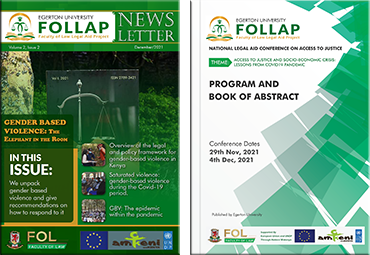Divorce is the termination of a marriage cancelling all responsibilities and duties arising between the spouses in a marriage. In Kenya one needs to prove that there is no conspiracy or unjust cause tailoring the push for a divorce. The Kenyan Law in the Marriage act section 66 and 67 establishes grounds that may cause a divorce in a civil or Christian marriage.
1. Adultery
This is provided for under section 65-66 of the act where voluntary sexual intercourse by a married person with someone who is not his wedded spouse. It is really hard for one to prove adultery especially when no caught in the act as it is always done in secrecy. For such, the court relies on circumstantial evidence such as receipts, compromising photos love letters, diaries witnesses or phone text messages and call logs. The Kenyan courts require that one proves sufficiently evidence of a guilty inclination or passion towards someone who is not party to the marriage. It is a case of the weight of evidence submitted in court. It should prove beyond reasonable doubt that one has committed the act.
2. Cruelty and inhuman treatment
It is the physical and mental cruelty to the degree that makes it unsafe or improper for parties to live together as man and wife. It involves inflicting pain towards the other partner whether physically or emotionally that it makes it uncomfortable for the other party to stay in the marriage. It is unnecessary and uncalled for and is mostly repeatedly inflicted by one person towards the other.
3. Irreconcilable differences
it is permitted by law to dissolve a marriage if the marriage has been irretrievably broken down and there is no love or affection towards the other party anymore. This occur where there can never be any constructive communication between the parties despite living under one roof. No amount of talk can make the parties agree on anything.
4. Desertion for a period of three years
It is when one leaves the matrimonial home without any reasonable reason or just cause. The aggrieved party must prove that the court that the desertion has to prove that the other party has disserted the matrimonial home for over three years just before the time of filing the petition. It is also to be noted that the desertion must not be on mutual consent. The other party has to have provided no justifiable reason for leaving the matrimonial home. However, the law recognizes the fact that desertion may be constructive where the conduct of one party makes it completely impossible for the other spouse to keep staying around. If this is the case then one cannot claim desertion as a ground of breaking up the marriage.
5. Exceptional depravity
The court recognizes that extremely traumatizing events may occur before the end of the three-year period required by law to file for a divorce. Exceptional hardship extreme suffering and promiscuity within few weeks of marriage are among the grounds for breaking up a marriage.
Lack of consummation in a marriage is also a ground for divorce. One may leave a spouse for inability to consummate the marriage voluntarily.
There are circumstances where the court may refuse to grant a divorce






